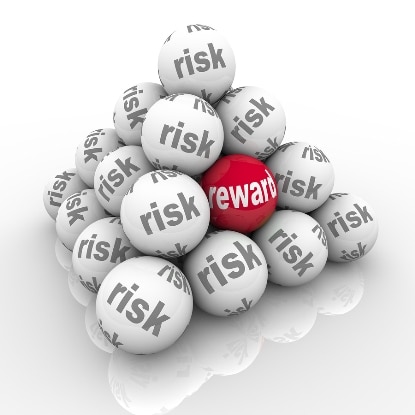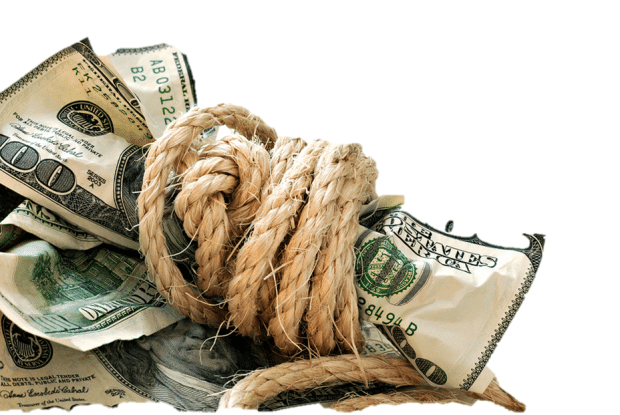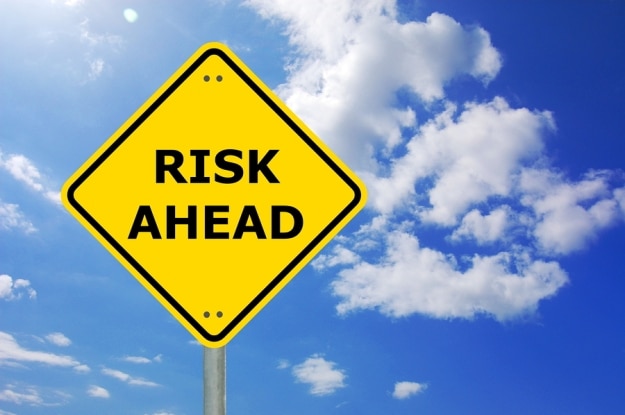Financial Success demands 2 things of you:
- You must take risks
- You must develop self-trust.
Without taking risks, you will forever be a victim, live in mediocrity…and play small.
Without trust, you will forever live in fear and self-protection…and play small.
Risk and Trust work in tandem. Every time you take a risk, even if you fall down (and you will fall down), if you get back up and keep going, learning from your mistakes until you eventually succeed, you’ll learn to trust yourself.
I really believe the financial risks necessary to create wealth, combined with the personal risks necessary to achieve Greatness, exponentially strengthens your level of trust in yourself.
If you enjoyed these “Words of Wealth”, head over to my website and sign-up for my FREE weekly newsletter at: www.barbarastanny.com











